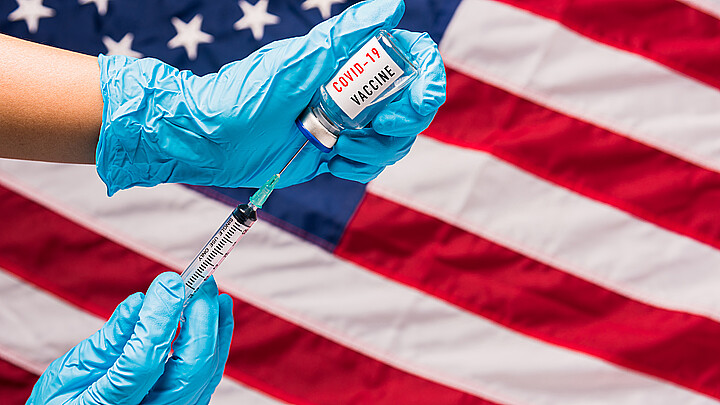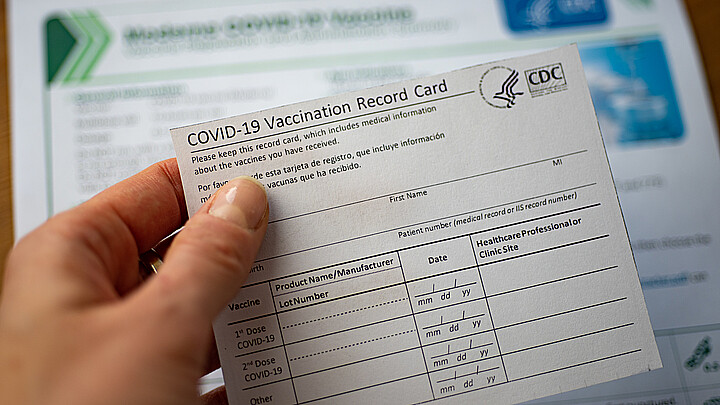Coronavirus
FDA proposes annual COVID-19 vaccine shots
The agency also asked its panel of external advisers to consider using two COVID-19 vaccines a year for young children, younger adults, and individuals with compromised immunity
January 23, 2023 7:48pm
Updated: January 23, 2023 7:48pm
The U.S. Food and Drug Administration (FDA) on Monday proposed switching to an annual COVID-19 shot for adults to prevent virus outbreaks, similar to the influenza immunization campaign in the United States.
The FDA said that “moving forward, most individuals may only need to receive one dose” of a COVID-19 vaccine “to restore protective immunity for a period of time,” according to briefing documents published ahead of a meeting with vaccine advisers on Thursday.
The agency also asked its panel of external advisers to consider using two COVID-19 vaccines a year for young children, younger adults, and individuals with compromised immunity.
The U.S. health regulator also proposed the need for routine selection of variants to update the vaccine, similar to how the flu vaccines are updated annually to include new strains of the virus.
If approved, the FDA would choose the annual strain for the shots every June and have the new vaccines ready to be administered in September, allowing people to be protected against the virus during the winter, when it becomes more dominant.
Currently, people in the U.S. are getting two doses of the original COVID-19 vaccine followed by one or two boosters a few months later. However, the number of individuals getting booster shots has been due to the rapidly changing dominant strands of the virus.
Additionally, the FDA is also seeking to retire the original vaccine formula for the COVID-19 virus because it only focuses on the original virus, instead of the subsequent strands.
“This simplification of vaccine composition should reduce complexity, decrease vaccine administration errors due to the complexity of the number of different vial presentations, and potentially increase vaccine compliance by allowing clearer communication,” the FDA said.










